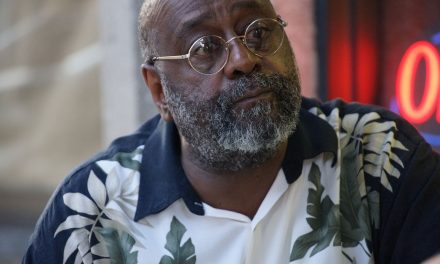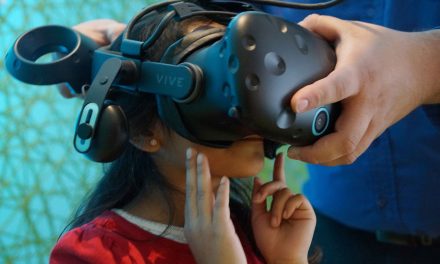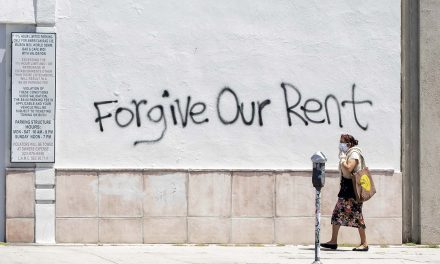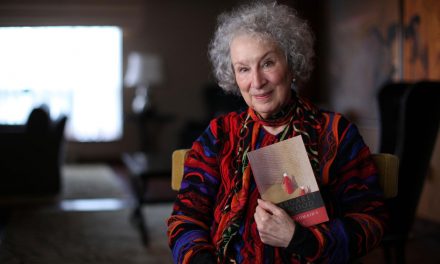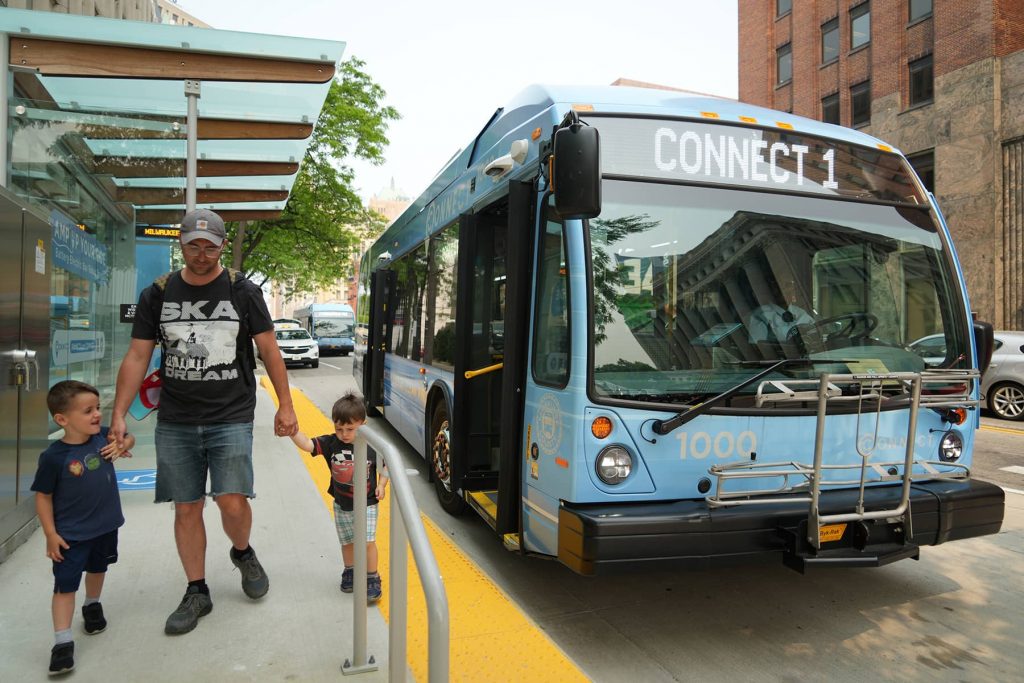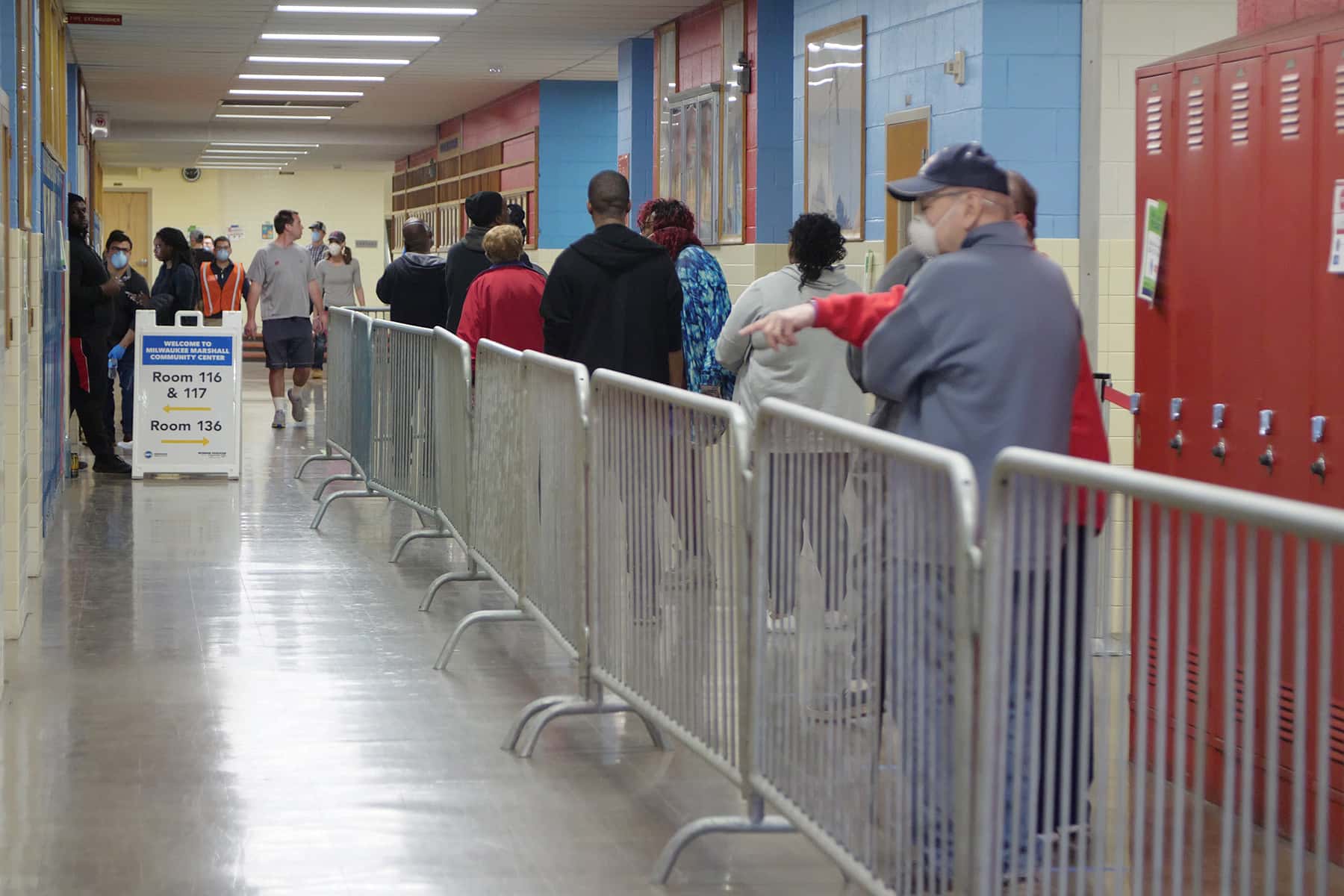
A class-action lawsuit was filed Monday asking a federal court to order a partial revote of the presidential primary and spring election conducted on April 7 despite the COVID-19 outbreak or to otherwise establish mail-in procedures for anyone who did not vote in that election.
The 14 Milwaukee-area residents who filed the case, acting as representatives of others across the state, also asked the court to take action “to protect the franchise for the electors” in all other Wisconsin elections this year, including the Nov. 3 presidential and general election.
The goal of the lawsuit is not a new election or a recall but a court order to count the votes of all those who were disenfranchised April 7. Due to the dangers to voters from the COVID-19 outbreak, the Legislature’s failure to postpone the April 7 election disenfranchised thousands of state electors who could not vote because of health concerns or issues with absentee balloting, the lawsuit says.
The case (20-C-340) was filed in the United States District Court for the Western District of Wisconsin against Wisconsin Assembly Speaker Robin Vos and Senate Majority Leader Scott Fitzgerald. It also named the State, each legislative body, and the Wisconsin Elections Commission, which “had no choice but to implement this illegal scheme, and would be called upon to implement the remedies requested by plaintiffs,” the lawsuit asserts.
The plaintiffs, like many others in Wisconsin, were prevented from voting because they were concerned with the dangers of COVID-19 due to underlying health conditions or generally, did not receive requested absentee ballots in time to vote, or submitted ballots that were not counted, the suit says.
The plaintiffs allege they purposely filed the lawsuit in advance of a 4:00 p.m. Monday, April 13 deadline when elections officials were scheduled to announce the April 7 results.
“They do so to show directly and specifically to the Court that this action is not partisan (about winners and losers) but rather a challenge to the fundamental unfairness of the Legislative Defendants’ intentional act to force voters into an unreasonable, unfair, and unconstitutional choice between (a) exercising their fundamental right to vote in an in-person election during a pandemic; and (b) forgoing their right to vote in order to preserve their life and health and the lives and health of those close to them and the public overall,” the suit says.
According to the lawsuit, “[t]he legislative defendants understood the dangers of COVID-19 before the spring election and cavalierly (and for clearly political reasons) refused to take action to postpone the election, which decision runs counter to every credible public health pronouncement about COVID-19 in the United States and the decisions of at least 16 other states and territories which followed the direction of doctors, scientists, epidemiologists, virologists, infectious disease specialists, and public health experts by making alternative arrangements for their spring elections.”
Jay Urban, one of the attorneys who filed the suit said, “[n]o one should have to risk their life to vote, especially someone who is the very most vulnerable in our society either because of their age or disability or anything at all that would make them even one percent more susceptible to COVID-19. Voting right now should be made easy and safe, and most every other state reasonably and simply figured that out.” Urban is heading up the elderly and disabled rights parts of the case with attorney Rebecca Salawdeh, who specializes in the Americans With Disabilities Act.
“It is the height of hypocrisy and cruelty that the State of Wisconsin ordered all participants to stay away from human contact – and in the very next breath the Legislature and the Wisconsin Courts have ordered all of us to go to the polls in person,” he said. “The Courts even suspended jury trials and other proceedings, which have far more social distancing than voting. ”
Attorneys Joseph S. Goode and Mark M. Leitner said in a joint statement: “By taking no action in postponing the spring election or providing for an alternative way to vote during the pandemic, the Wisconsin Legislature, aided and abetted by Speaker Robin Vos and Majority Leader Scott Fitzgerald, chose political expediency over the safety of all Wisconsin citizens in an intentional effort to disenfranchise the plaintiffs and members of the class they seek to represent. The fact that 18 other states took deliberate and reasonable measures to reschedule their elections as COVID-19 spread its wrath, tells us all quite clearly that Wisconsin is in the minority and should be ashamed of its refusal to enable all eligible citizens to vote.”
Attorney Stacie Rosenzweig said that the Legislature’s inaction was particularly harmful to voters from minority communities, in violation of the Voting Rights Act: “This is voter suppression, wrong and illegal.”
“It was harder and less safe for African American and Latino residents to vote on Tuesday,” she said. “These communities are already bearing the brunt of the COVID-19 crisis, with African Americans in particular significantly more likely to become sick and die from the virus than white residents. We’ve heard from folks who were forced to make a decision between going to the polls and exposing themselves and their families to COVID-19 — a life-or-death decision in many cases — or giving up their cherished and hard-fought right to vote in a vital election.”
Several of the plaintiffs in the case were at risk in voting in person because of their or family members’ underlying medical conditions, including diabetes, spina bifida, asthma, respiratory conditions, multiple sclerosis and mobility issues, the lawsuit asserts. Most of them did not receive requested absentee ballots.
In seeking court remedies, the lawsuit argues that the Legislative Defendants violated the plaintiffs’ right to vote guaranteed by the First and Fourteenth Amendments to the U.S. Constitution, their rights under the Voting Rights Act, and protections against discrimination against those with disabilities provided by the Americans With Disabilities Act.
“The United States Supreme Court has concluded that state legislatures could not take action (or inaction) that thwarted or otherwise established impediments to voting,” the suit says. “By forcing electors like plaintiffs and the class of voters they seek to represent to choose between their personal safety and exercising their constitutional right to fully and fairly vote, Defendants Vos and Fitzgerald placed a massive impediment in the way of Wisconsin voters’ ability to exercise of the franchise on April 7, 2020.”
On March 25, Wisconsin issued a “Safer at Home” order establishing social distancing of at least six feet, prohibiting non-family gatherings, and requiring those “at high risk of severe illness from COVID-19 and people who are sick to stay in their home or residence.”
The Legislature subsequently did not take up Governor Tony Evers’s request to enact legislation allowing absentee ballots to be sent to every registered voter. When directed into special session by Governor Evers to take up the issue of postponing the primary, “each chamber spent less than 20 seconds in their session to ‘gavel in and gavel out’ without considering Governor Evers’ request,” the suit alleges.
On April 6, with concerns about the pandemic rising, Governor Evers ordered the primary postponed until June 9. The Wisconsin Legislature immediately appealed the order to the Wisconsin Supreme Court, which enjoined Governor Evers’ order the same day, allowing the election to take place.
At the time, the Wisconsin Supreme Court had postponed all in-person jury trials and most other in-person proceedings due to COVID-19 concerns. In voting April 6 to overturn Governor Evers’ order, the Wisconsin Supreme Court met virtually, not in person. “Without considering the legal basis for those orders, they create a paradox— i.e. that judges are entitled to be safe from COVID-19 and obligated to follow social distancing requirements but the Wisconsin electorate is obligated to violate the Safer at Home Order to vote,” the lawsuit says.
The lawsuit noted that despite an established shortage of personal protection equipment (“PPE”) for medical personnel in U.S. hospitals, Vos spoke on a video interview the morning of the election at a polling place in his district, “clad head-to-toe with personal protective equipment not available to voters in Milwaukee, including gown, mask and gloves.” He said in the interview, “You are incredibly safe to go out.”
“Vos later described his polling place, in sparsely populated Burlington, as less risky than shopping for groceries,” the suit said. “Needless to say, few if any of the voters that Vos forced to the polls had the kind of protective gear he believed to be necessary.”
© Photo
Wes Tank

